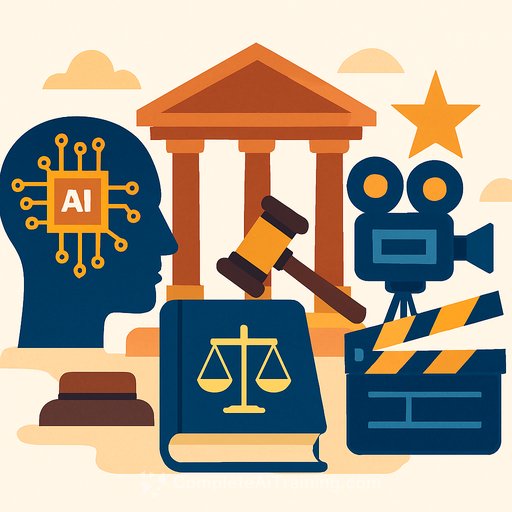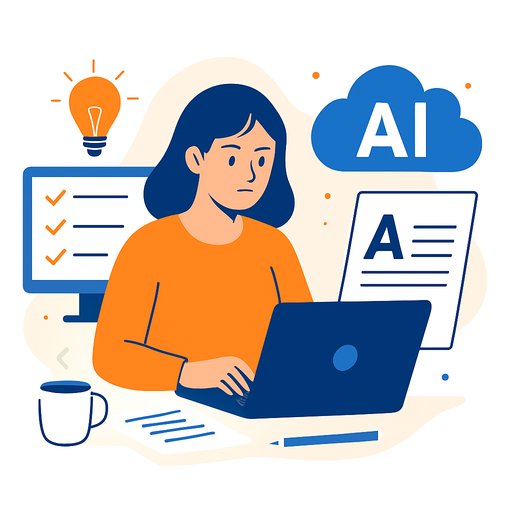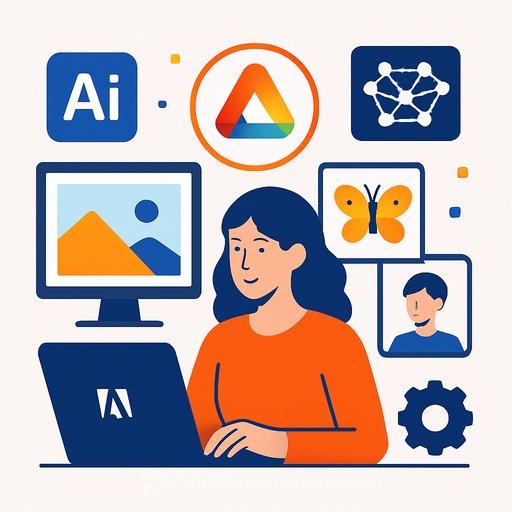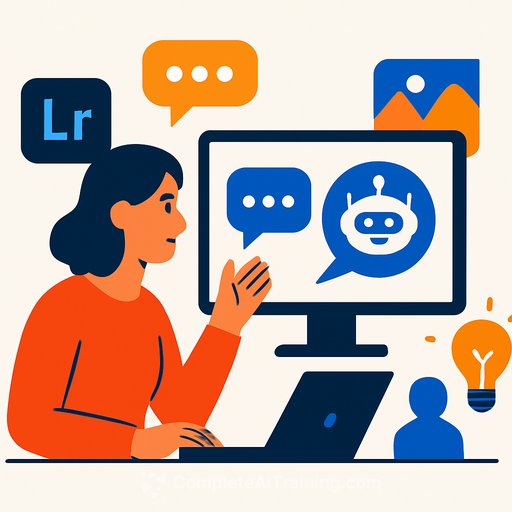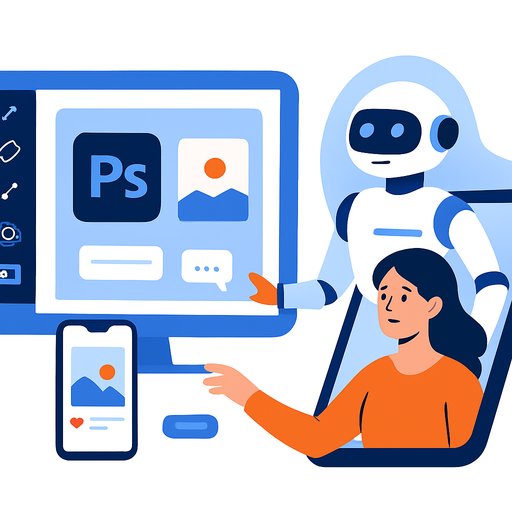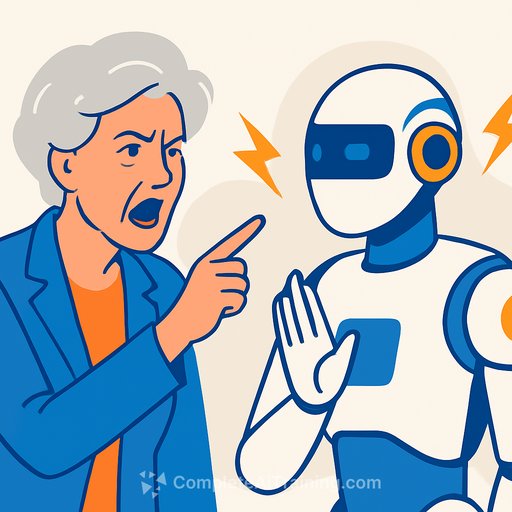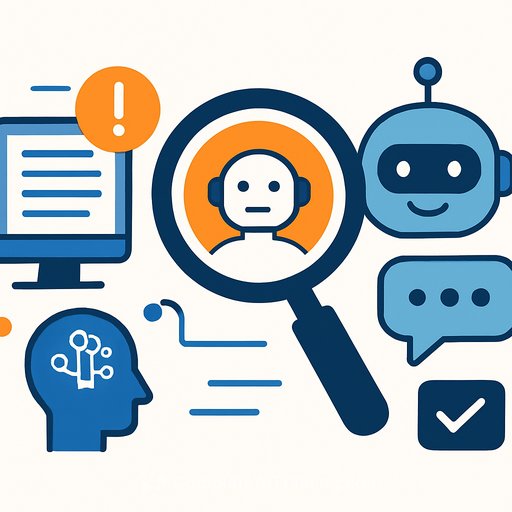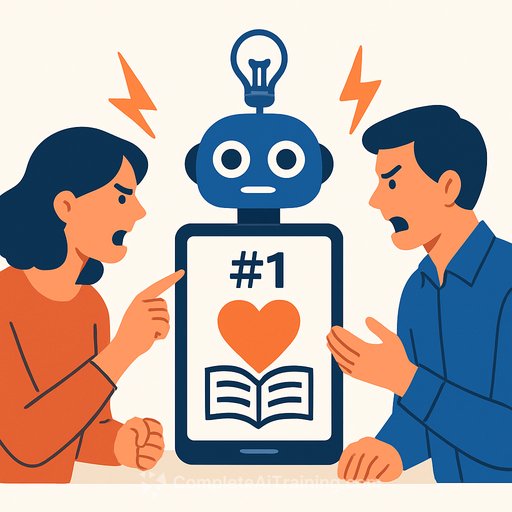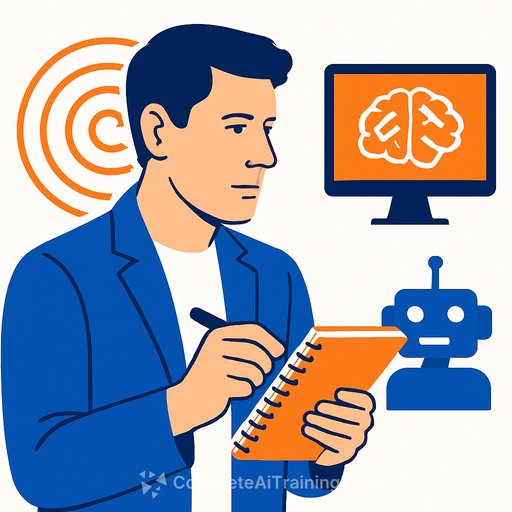The Impact of AI Lawsuits on Creative Industries
Right now, we're at a critical moment for Hollywood and creatives everywhere. AI companies are being challenged in court over how they use programs trained on original ideas created by artists, writers, and other creatives.
These AI systems have been trained on content created by us, and now the companies behind them are facing lawsuits. These early cases will set the tone for how similar disputes are handled going forward.
Update on the Anthropic Lawsuit
Recently, there was a significant development in the lawsuit against Anthropic, an AI company backed by Amazon. Authors claimed that Anthropic illegally downloaded their books to train its AI. According to The Hollywood Reporter, a judge examined whether AI companies qualify for the legal doctrine of fair use when using copyrighted material for training.
The court ruled that Anthropic was on solid legal ground in using the authors’ works for training purposes, as long as the books were legally acquired. The judge compared AI training to a human student reading to learn and then creating new original work. This use was deemed "transformative," which supports the case for fair use.
However, there was a catch. Anthropic obtained some of the books by downloading them from pirate sites, which is illegal. This opened the door for authors to pursue a piracy claim that could lead to heavy damages.
What This Means for Creatives
The frustrating part is that companies are effectively stealing content instead of paying for it. But this case highlights a crucial angle for future legal actions: the method of acquiring training data. Scrutinizing how AI companies gather their content could benefit creatives across the board.
The lawsuit ended in a settlement, avoiding a costly trial for Anthropic. This likely sets a pattern where companies choose to settle rather than risk financial ruin in court. That makes it even more important for creatives and their representatives to keep pushing for transparency and accountability.
Wider Legal Battles Ahead
Anthropic’s case is just one example. News outlets, music publishers, and other copyright holders have also filed lawsuits against AI firms for using content without permission. The results of these cases will shape how AI and creative industries coexist moving forward.
For writers and creatives, staying informed about these developments is essential. The decisions made in courtrooms today will affect how your work is protected—or exploited—tomorrow.
We’ll keep tracking these stories and sharing updates to help you stay ahead in this changing environment.
Your membership also unlocks:

